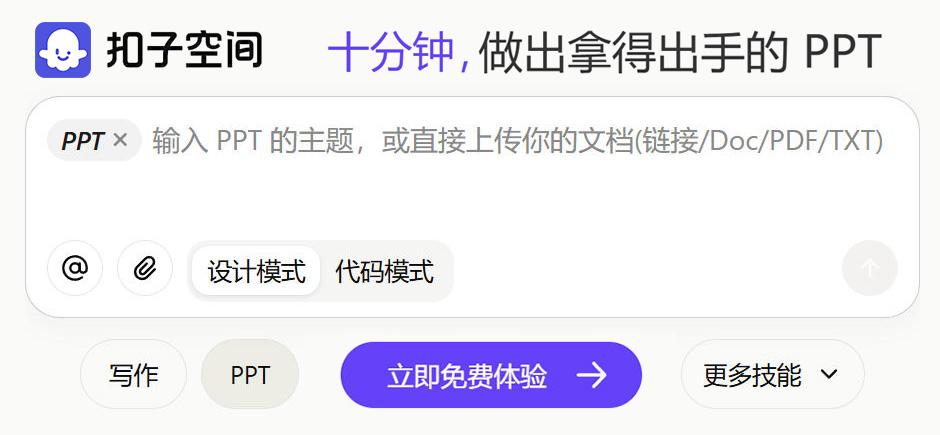In the ever-evolving landscape of music creation, Artificial Intelligence (AI) has emerged as a transformative force, revolutionizing how we compose, produce, and experience music. At the heart of this revolution lies AI music generation, a field that combines machine learning, natural language processing, and sound synthesis to create melodies, harmonies, and even full compositions. This article explores the concept of AI music generation, focusing on the role of prompt engineering in crafting compelling and high-quality musical outputs.
What is AI Music Generation?
AI music generation involves using algorithms to generate musical content based on user input or predefined parameters. These systems can be trained on vast datasets of existing music, allowing them to understand styles, genres, and structures. By fine-tuning prompts, artists and producers can guide the AI to create music that aligns with their vision, whether it’s a pop ballad, an electronic track, or a classical orchestral piece.
The Power of Prompt Engineering
At the core of AI music generation is prompt engineering, the art of crafting precise and meaningful instructions to guide the AI’s creative process. A well-structured prompt can significantly enhance the quality and relevance of the generated music. For instance, a prompt like “Create a dramatic orchestral piece with a melancholic tone, using strings and piano to evoke a sense of nostalgia.” can lead the AI to generate a track that is both emotionally resonant and technically sound.
Key elements to consider in a prompt include:
- Genre and style: Specifying the type of music (e.g., jazz, electronic, rock) helps the AI focus on the appropriate elements.
- emotional tone: Describing the mood (e.g., happy, sad, suspenseful) ensures the generated music aligns with the desired emotional impact.
- Instrumentation: Listing the instruments used (e.g., violin, bass, synths) ensures the AI incorporates the correct sonic palette.
- Structure and tempo: Defining the song structure (verse, chorus, bridge) and tempo (e.g., 120 BPM) helps the AI maintain a coherent and engaging composition.
The Role of AI in Music Creation
AI is not merely a tool for generating music; it is also a creative collaborator. By analyzing large datasets of existing music, AI systems can identify patterns and trends that human composers may not be able to detect. This allows for the generation of music that is both innovative and rooted in tradition. For example, an AI might generate a new melody that echoes the structure of a classic song but with a modern twist.
Furthermore, AI can assist in music composition, offering suggestions for chord progressions, rhythmic patterns, and even lyrical content. This collaboration between humans and machines opens up new possibilities for creative exploration, enabling artists to experiment with ideas that would otherwise be difficult to realize.
Challenges and Considerations
While AI music generation holds great promise, it is not without challenges. One of the most significant concerns is the lack of artistic intent. AI-generated music may lack the emotional depth and cultural context that define human-created music. To address this, users must be mindful of the limitations of AI and use it as a tool rather than a replacement for human creatiViTy.
Another consideration is data quality and bias. AI models are trained on existing data, which can introduce biases or inaccuracies. To mitigate this, users should carefully curate their training data and ensure that the AI is exposed to a diverse range of musical styles and genres.
Conclusion
As AI continues to advance, the future of music creation is becoming increASIngly collaborative and dynamic. By mastering the art of prompt engineering, users can harness the power of AI to generate high-quality, emotionally resonant music. Whether you are a composer, producer, or music student, understanding how to effectively use AI in music creation is essential for staying at the forefront of this exciting technological frontier.
With the right tools, knowledge, and creativity, the boundaries of what is possible in music generation are constantly expanding. The next generation of music will be shaped by the synergy between human imagination and artificial intelligence.








 津公网安备12011002023007号
津公网安备12011002023007号